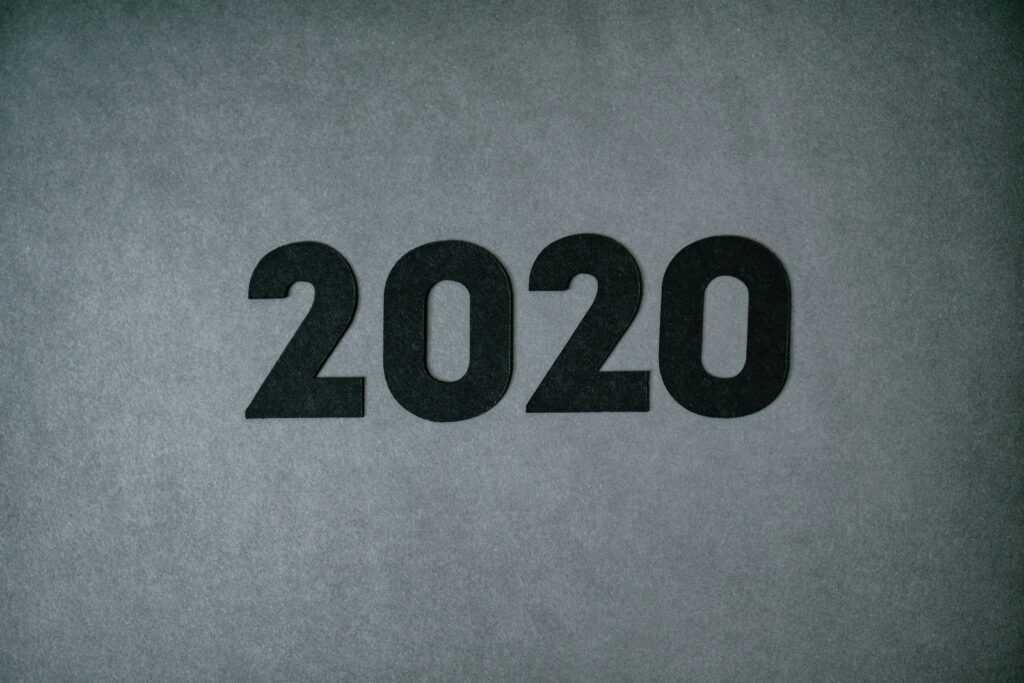Everything Feels Like a Weather Story Now
Open the news any day this year and odds are high you’ll see a headline about extreme weather wildfires torching thousands of acres, floods paralyzing cities, heatwaves taking lives. These aren’t isolated events. They’re symptoms of a warming planet, showing up faster and fiercer than ever before.
The science is simple: rising global temperatures fuel more intense storms, longer droughts, and more unpredictable seasonal shifts. What used to be considered ‘once in a century’ is now part of the new normal. Climate change isn’t the whole story behind every disaster, but it’s the accelerant. It takes natural risks and turns up the volume.
That’s why coverage has shifted. Media outlets aren’t asking whether an event is linked to climate they’re asking how bad it got, how climate made it worse, and what signals it sends about the future. Whether it’s supply chain issues, energy markets, or migration crises, climate is baked into the background. It’s no longer a separate beat. It’s the frame through which global events are unfolding in plain sight.
Geopolitics in a Warming World
Climate change isn’t just about weather it’s about power, survival, and shifting alliances. As rivers dry up and aquifers vanish, water scarcity is morphing from a local issue into a geopolitical flashpoint. Border disputes are heating up in areas where shared water sources are running dangerously low. It’s no longer a distant forecast; it’s happening now and fast.
Then there’s the human side. Climate refugees are no longer projections; they’re real, growing in number, and forcing countries to wrestle with policies they’re not ready for. Migration is becoming less about war and more about heat, drought, and the collapse of basic living conditions. Yet the political will to accommodate this new migration reality remains fragile.
On the energy front, countries are scrambling. Some are doubling down on renewables, others clinging to fossil fuels as a buffer against instability. The energy transition isn’t just a tech or climate issue anymore it’s a diplomatic one. Who controls what, and at what cost, is reshaping alliances and redrawing influence.
And global summits? They’re under pressure like never before. Vague pledges and soft goals won’t cut it anymore. The urgency has shifted from lip service to action and everyone knows it. The question is no longer whether action is needed. It’s who will move first, and who will be left behind.
Economic Ripples Across Industries

When disaster strikes, the tab to put things back together has never been higher. Hurricanes, floods, wildfires what used to be rare events are now becoming annual line items. And the costs aren’t only in damage. Supply chains stall. Labor shortages grow. Recovery takes longer.
That’s reshaping the insurance industry fast. In places like California and Florida, insurers are pulling out, raising premiums, or denying coverage outright. Risk models built on the old climate no longer apply, and that’s forcing a hard reset. Homeowners, governments, and businesses are being pushed to rethink what ‘covered’ even means.
Meanwhile, regulations are catching up. Carbon pricing, disclosure mandates, and emission caps are no longer future concepts they’re present realities for companies in everything from logistics to manufacturing. The ones that aren’t adjusting will find themselves edged out of markets and capital. Climate resilience is no longer nice to have it’s part of the cost of doing business.
2024 doesn’t just bring bad weather. It brings a new economic forecast that demands adaptation.
Agriculture: Frontline of the Climate Battle
Farming was already tough. Now throw in longer droughts, erratic rainfall, and shifting seasons, and you’ve got a crisis spilling across continents. Crops are failing not just occasionally, but year after year with staples like wheat, rice, and maize taking regular hits. What used to grow in one region now can’t. Entire growing zones are shifting north or shrinking altogether.
This hits developing nations hardest. Many rely on rain fed agriculture and don’t have the capital to reinvent how food gets grown. When the rain doesn’t come people go hungry. Or move.
There are solutions. Controlled environment agriculture, heat resistant seed strains, and AI driven crop mapping are beginning to scale. But the rollout is uneven, and the clock’s ticking. Innovation helps but it doesn’t erase the need for urgent policy and deep global coordination.
For a detailed breakdown of what’s working (and what’s not), explore this climate impact on farming.
Media Is Catching Up (Mostly)
For years, climate journalism swung between two extremes: dry statistics or apocalyptic doom. In 2024, that’s changing. Reporters are grounding stories in clearer data, more actionable context, and sharper human stakes. The tone has leveled out not sugarcoated, not hopeless. Just clearer.
Investigative teams are digging into accountability. Who’s delaying change? Who’s gaming regulations? Who benefits from confusion? Follow the money journalism is back, but with carbon footprints instead of campaign cash.
Still, misinformation finds gaps to exploit. Some outlets especially on fringe platforms continue to push delays, doubts, and distractions. Climate denial isn’t dead; it’s rebranding itself. That makes trusted voices, smart reporting, and media literacy more important than ever.
Why This Story Isn’t Going Away
Climate change isn’t a standalone headline it’s the quiet backdrop shaping nearly every part of the news cycle. It shows up in what we eat, how we migrate, where we build, and whether we can afford to insure our homes. It’s baked into grocery prices, border policies, economic forecasts, and hospital ER spikes during heatwaves.
This isn’t future talk. It’s now. Creators, reporters, and anyone trying to make sense of today’s world can’t afford to treat climate like a side issue. It cuts across beats and industries, shifting the rules in ways both subtle and massive.
From food security to global trade, staying up to date on how climate impacts are unfolding isn’t about activism it’s about accuracy. The more we understand the threads, the better we can report, respond, and adapt.


